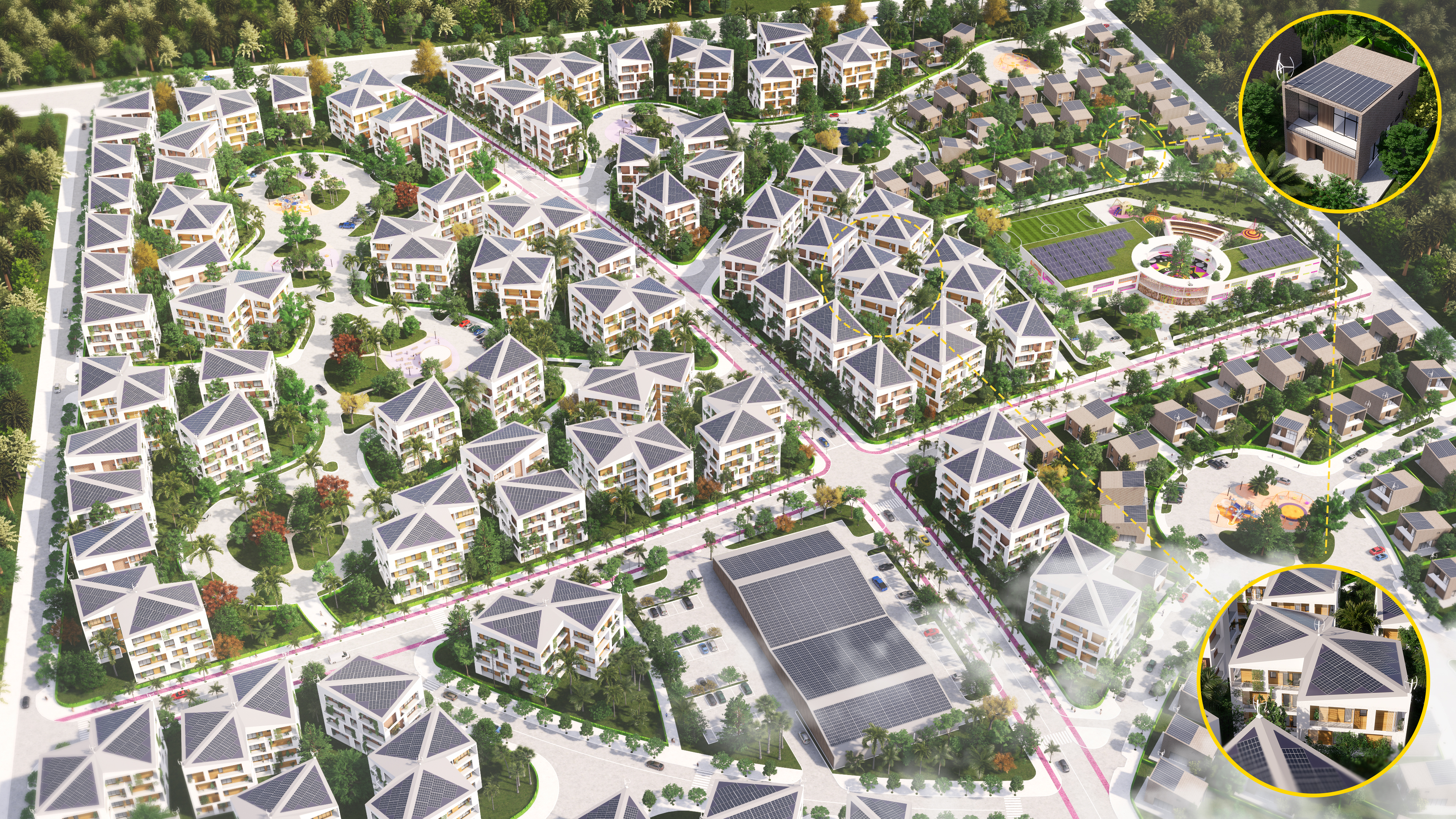
URB-SECURE: Sustainable Energy and Crisis Resilience for Smart Cities
AI Technologies Digital Arts and AI Tools Environmental Protection Smart Cities and Villages
projects exemplify Horizon 2020's commitment to fostering sustainable and smart urban development across Europe. If you're interested in specific aspects like energy efficiency, mobility, or citizen engagement
Project Description
URB-SECURE aims to transform urban energy infrastructure and resilience planning through a smart, AI-driven ecosystem that optimizes renewable energy usage, enhances energy independence, and provides cities with intelligent tools for crisis prediction and response—including energy blackouts, climate-related disasters, and cyber-attacks.
Objectives:
- Develop and implement an integrated Smart Energy Management System (SEMS) for real-time monitoring, predictive analytics, and automated control of urban energy flows.
- Deploy urban microgrids powered by renewable energy (solar, wind, bioenergy) and supported by AI-optimized battery storage.
- Create a Crisis Intelligence Dashboard (CID) using digital twin technology to simulate and manage crises in energy supply, natural disasters, and cyber threats.
- Enhance community resilience by integrating citizen participation tools, energy usage behavior analysis, and emergency communication apps.
- Test and validate the framework in three pilot cities: Hamburg (Germany), Milan (Italy), and Prague (Czech Republic).
Work Packages (WPs):
WP1 – Project Coordination and Ethics
Lead: Gobey Academy
- Governance, stakeholder management, legal compliance, and data privacy.
WP2 – Smart Sustainable Energy Infrastructure
Lead: University of Amsterdam
- AI-powered SEMS development
- Integration of smart meters and IoT for real-time data collection
- Urban microgrid architecture
WP3 – Crisis Intelligence and Management
Lead: Czech Technical University
- Digital twin modeling for crisis scenarios
- Predictive simulations for energy blackouts and disaster impact
- Multi-agency coordination protocols
WP4 – Citizen-Centric Resilience Tools
Lead: University of Barcelona
- Mobile app for real-time crisis alerts and energy consumption insights
- Participatory energy savings programs
- Gamified community training modules
WP5 – Urban Pilots and Evaluation
Lead: Polytechnic University of Milan
- Implementation in Hamburg, Milan, and Prague
- Data collection, validation, and user feedback
- Environmental and economic impact assessment
WP6 – Replication and Policy Roadmap
Lead: Horizon GreenTech Cluster
- Guidelines for EU-wide replication
- Policy recommendations and public-private partnership models
Expected Outcomes:
- 20% reduction in urban energy consumption in pilot districts
- 30% improvement in energy blackout response times
- Real-time crisis simulation platform adaptable to other EU cities
- Empowered citizens with digital tools for resilience and energy literacy
- A replicable policy and technology framework for smart cities
Innovation Highlights:
- AI-augmented energy forecasting and management
- Urban digital twins for crisis simulation
- Citizen-driven energy and safety programs
- Open-source architecture for cross-border replicability
Target Impact by 2030:
- Empower 50+ EU cities to adopt sustainable, crisis-resilient energy frameworks
- Enhance urban resilience against climate-induced and man-made crises
- Strengthen EU leadership in smart city innovation